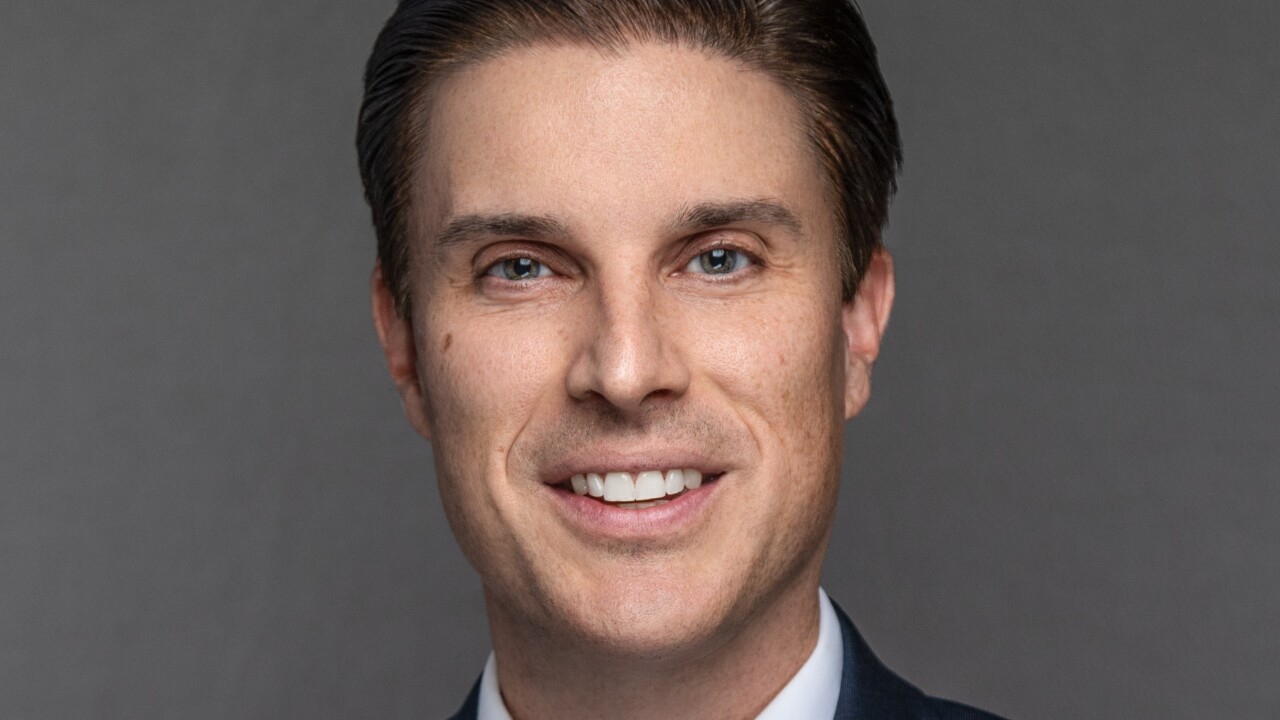Starting salaries of accounting and finance professionals are projected to rise an average of 3.7 percent next year, according to the
That figure is down from the 4.7 percent average for 2016, but is still one of the highest in the past decade.
“On the surface it looks like maybe these projected salary increases aren’t growing as aggressively,” said Tim Hird, executive director of Robert Half Management Resources. “The reality is that’s not actually happening. Salaries are not decreasing, but after last year’s strong gains, it’s not surprising to see the projected salary increases to stabilize somewhat. If we look at almost the last 10 years, it’s still the highest anticipated growth with the exception of last year.”
In contrast, another staffing company, Accounting Principals,
Certain jobs are among the most in demand, including controllers, financial analysts, business analysts, senior staff accountants, internal auditors, and jobs demanding regulatory and technical accounting skills, along with technology know-how. “It goes beyond just job titles and functional skills,” said Hird. “What employers are also looking for are some of the softer skills, whether it be leadership and influencing skills, and the ability to work with non-finance departments. Those are equally as important as the technical accounting skills. The third dimension is IT. There’s no doubt that the world of finance has never been closer or more interrelated with technology.”
Employers are not only boosting salaries for accountants, but trying to make the workplace more attractive through talent and retention management strategies.
“Companies are realizing that in order to hire the best talent, it’s not just about salaries, but it’s also about the employee experience, both the hiring process as well as the onboarding process,” said Hird. “In a market where there’s high demand, candidates have multiple offers. They don’t want to be stuck in an eight- or 12-week hiring process. If companies are taking that long to make offers and they’re procrastinating, they’re losing out to firms that make decisions quicker.”
Firms also recognize the need to attract millennials to their ranks. “In a recent survey we ran, eight in every 10 CFOs said they are confident that millennial professionals in their organizations are prepared to take on leadership positions,” said Hird. “I think companies are learning fast what they need to do to be appealing to the millennial generation, and that’s professional development, giving them the opportunity to do decision-making, involving them in decisions, and an open door policy type of leadership approach. Many companies have adapted to that. Those that haven’t are struggling, but in the main we’re seeing organizations progress and accelerate in terms of what they’re doing to recruit and retain millennials.”





